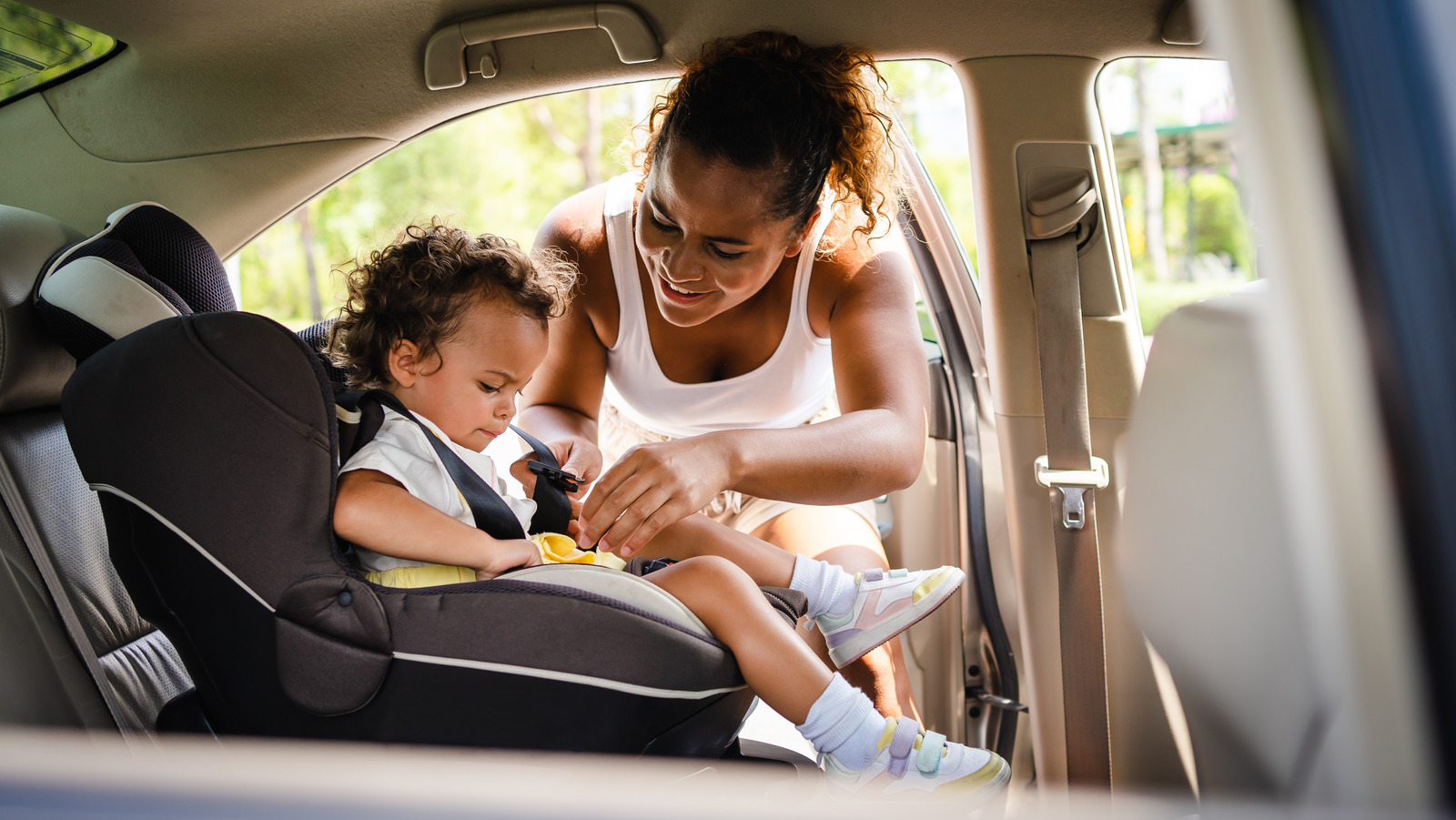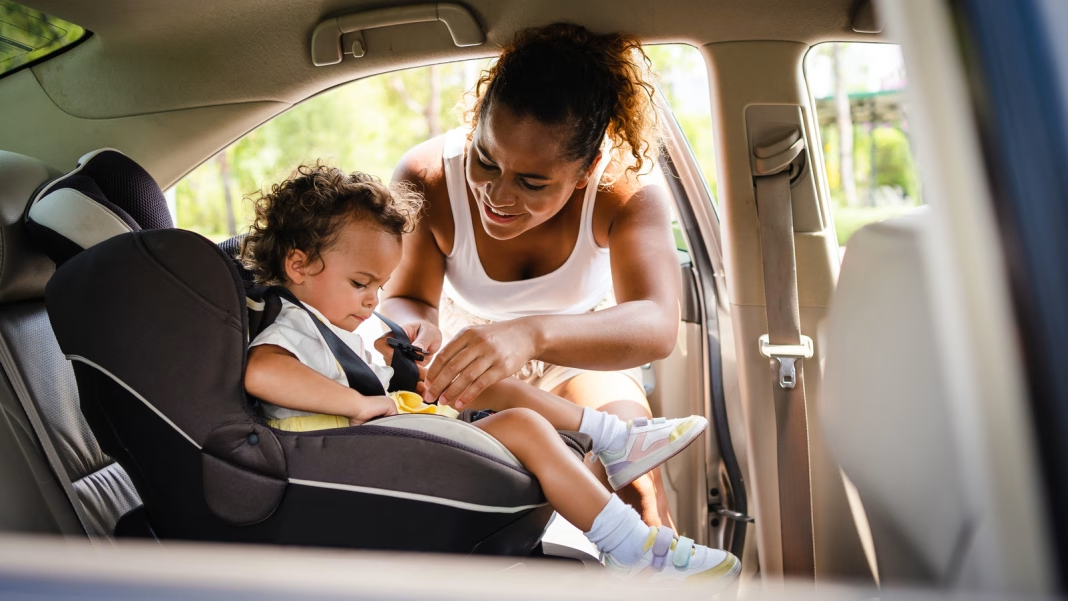Why Do Even Attentive Parents Forget Kids in Cars?
It’s a gut-wrenching thought: How could any loving, responsible parent leave a child behind in a hot car? Yet, year after year, heartbreaking headlines remind us that it happens far more often than we’d like to admit. The truth is, it’s not about carelessness or bad parenting. It’s about the way our brains work—and sometimes, how they fail us.
Researchers in cognitive neuroscience have found that human memory is surprisingly fragile, especially when routines are disrupted. Dr. David Diamond, a leading expert on memory and professor at the University of South Florida, explains that our brains rely on habit memory (think: autopilot) and prospective memory (remembering to do something in the future). When stress, fatigue, or a change in routine enters the mix, prospective memory can falter. That’s when tragedies can occur.
How Common Are Hot Car Deaths, and Who’s at Risk?
The numbers are sobering. According to the National Safety Council, an average of 38 children die each year in the United States from heatstroke after being left in vehicles. Most of these incidents involve loving, attentive parents who simply forgot their child was in the back seat. In fact, more than half of hot car deaths happen because a caregiver meant to drop the child off at daycare or school, but a change in routine or a moment of distraction led to a deadly oversight.
It’s not just infants or toddlers at risk, either. While children under the age of two are most vulnerable, cases have involved kids as old as 14. No demographic is immune. The common thread is that it can happen to anyone—regardless of education, income, or parenting style.
What Makes Memory So Unreliable in Everyday Life?
Let’s be honest: we all forget things. Keys. Wallets. Why we walked into a room. But forgetting a child in a car feels unthinkable—until you understand how memory actually works. The brain’s autopilot mode is incredibly efficient for routine tasks, but it can override our conscious intentions. If you’re driving a familiar route, your brain might “fill in the blanks” and convince you that you’ve already dropped your child off, especially if your mind is preoccupied.
Add in sleep deprivation, stress, or a sudden change in schedule, and the odds of a memory lapse skyrocket. According to a 2022 study published in the journal Pediatrics, even brief distractions can dramatically increase the likelihood of forgetting important tasks. The result? Pure magic when it works. Devastating when it doesn’t.
What Practical Safeguards Actually Work?
So, how do we outsmart our own brains? The first step is admitting that no one is immune to memory failure. Once we accept that, we can put simple, effective safeguards in place.
Experts recommend creating reminders that force you to check the back seat every time you leave the car. For example, place your phone, bag, or even a shoe in the back with your child. Some parents use stuffed animals: move the toy to the front seat as a visual cue when your child is in the back. There are also high-tech solutions—many newer vehicles now come equipped with rear-seat reminder systems that alert you if a back door was opened before the drive.
Community reminders help, too. Daycares can implement call-back systems if a child doesn’t arrive as expected. Friends and family can check in with each other on busy mornings. The more layers, the better.
Are There Policy or Technology Solutions on the Horizon?
Legislation is catching up. In 2021, the Infrastructure Investment and Jobs Act mandated that all new passenger vehicles sold in the U.S. after 2025 must include rear-seat reminder technology. Automakers are already rolling out systems that detect rear-seat occupancy and issue alerts if a driver leaves the vehicle without checking the back.
But technology isn’t a silver bullet. It’s most effective when paired with personal habits and community awareness. According to the National Highway Traffic Safety Administration, public education campaigns have also played a key role in reducing incidents, but there’s still work to be done.
How Can We Change the Conversation Around Hot Car Deaths?
Shame and stigma don’t save lives—honesty does. When we acknowledge that memory lapses are a universal human experience, we open the door to real solutions. Sharing stories, supporting each other, and normalizing the use of reminders can make a difference.
One parent, after a near-miss, started a group text with other caregivers to check in every morning. Another family made it a rule that the driver never travels alone with a child in the back—someone always calls to confirm drop-off. These aren’t admissions of weakness. They’re signs of wisdom.
The big takeaway? Preventing hot car deaths isn’t about perfection—it’s about smarter adjustments. Start with one change this week, and you’ll likely spot the difference by month’s end.


